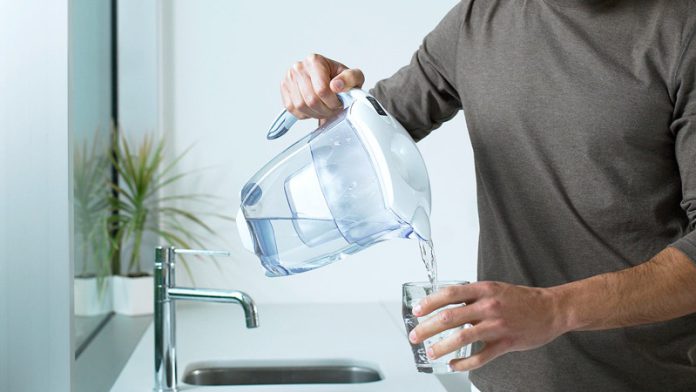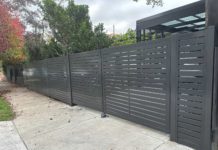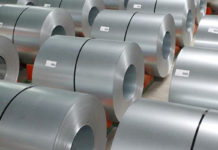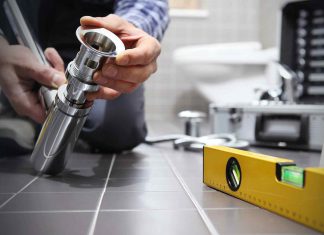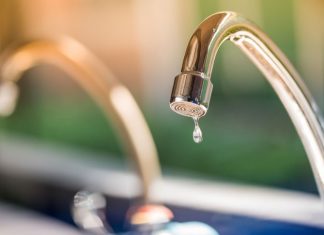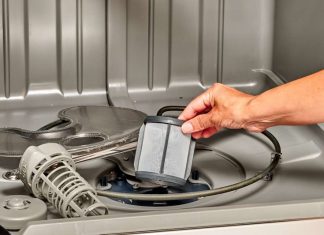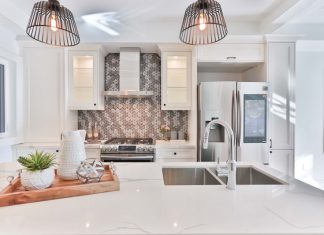Installing water filters at your home is often a debatable topic. Some believe that it’s a must, while others are more sceptical and don’t consider it as a necessity. Although drinking tap water without purifiers wouldn’t kill you, it might result in long term health issues.
By using a filtering system, you can minimise the exposure to carcinogens and other chemicals which can be disruptive to your body.
As not everyone will be able to install a water filter, in order to ensure that tap water is safe for consumers to drink, local water suppliers use additives such as chlorine, fluoride and ammonia. In some cases these additives lead to bad taste and smell and although these can disappear if you leave the tap water to settle a few hours after pouring it from the tap, many consumers still decide to use water purifiers to combat these.
The market offers a great variety of single unit filtering products depending on your needs, budget and what exactly you wish to filter out. There are also the whole house water filters. As it happens when you compare home insurance, there are pros and cons to each product type including initial investment cost and filter lifespan. Below you can find the most common types of water filters with some extra information on each type.
Bottle and jug filters
These filters are super convenient, user friendly and you can replace the filters with ease. It’s also a great plus that you decrease plastic waste as you eliminate the need to buy bottled water while on the go or at home.
The disadvantage of these filter types is that the water bottle will be a little heavier and you might notice that you need to replace the filters quite frequently, which could be costly.
Faucet-mounted filter
This is a popular economic option as the initial investment is low, filter installation is pretty straightforward and there is no need for extra plumbing. Its compact size makes it very convenient for small kitchens and rented homes as you can take it with you when you move out. Unfortunately it doesn’t fit on all taps and it can slow the water flow and get clogged up.
Countertop filter
The greatest benefit of this type is that it can filter large amounts of water without the need of extra plumbing. If you choose a product with multiple filters it offers high quality purified water free from almost all contaminants. Simple and quick installation and easily relocated to another property. Its main drawback is that it takes countertop space and might not be fixed on all taps.
Below-counter filter
Despite the larger initial investment, this filtration system provides continuous supply of drinking water from a separate tap. Although it does require some plumbing modifications and it needs some under counter space to be installed it catches contaminants which other systems might miss. It is also very unlikely for this system to get clogged up.
There are several factors to consider when choosing a water purification system for your house. One of the most important ones is to know what exactly you want to filter out and choose a system equipped with the appropriate filter mediums.
Activated carbon
This is the most popular filter media used in filtration systems which is made of organic materials such as charcoal, coconut shell or wood. It removes impurities and contaminants through the process of absorption. It’s best at removing chlorine(bad taste and odour), lead and some pesticides.
Activated aluminium
This softens the water and helps to remove calcium and magnesium which are responsible for limescale build up. This media is generally found in ion exchange water systems.
Reverse osmosis
The water is forced to pass through a thin membrane which traps particles larger than its pore size. Essentially only water is able to pass and all the contaminants are washed away in the drains. Not only does it remove the common chemicals and pesticides but it also blocks bacteria from passing down the pipes. It is highly effective but it can consume larger amounts of water than other filter media.
UV light
The UV light rays damage the DNA of bacteria and viruses therefore it destroys them so there is no chance to catch E.Coli from your water supply anymore.This treatment doesn’t use any chemicals but it’s only effective if the water is relatively clear.
Having familiarised yourself with the most common filter products and filter mediums available, it’s important to understand the most significant reasons for investing in a water purification system.
Better health and wellbeing
Drinking from the tap, cooking and having daily showers from unpurified tap water may not give you any short term health implications but it is very likely that if you continue this practice over a longer period you will notice negative effects on your wellbeing. The chemicals used by local water boards to disinfect the water such as chloride may result in chlorination by-products which could be harmful to humans depending on their concentration. Same applies to aluminium and fluoride which are also widely used as water purifiers. Therefore it’s much safer to install filters which can prohibit most or at least some of these chemicals passing through to your drinking water.
Reduce plastic waste
Plastic waste is a huge global issue and unfortunately a very small percentage of plastic bottles get recycled. If you stop the use of bottled water both at home and while on the go you might also become an inspiration for family and friends to do the same. Little by little, the more people that turn to other alternatives the greater the chance to see some improvement in this aspect.
Remove excess particles from pipe corrosion
Until the tap water reaches your home it passes through kilometres of metal/iron pipes which may be corroded and rusted. This may lead to brownish water colour and small particles discharged from the corrosion. This can also cause clogged pipes and make pressure washing totally impossible.
